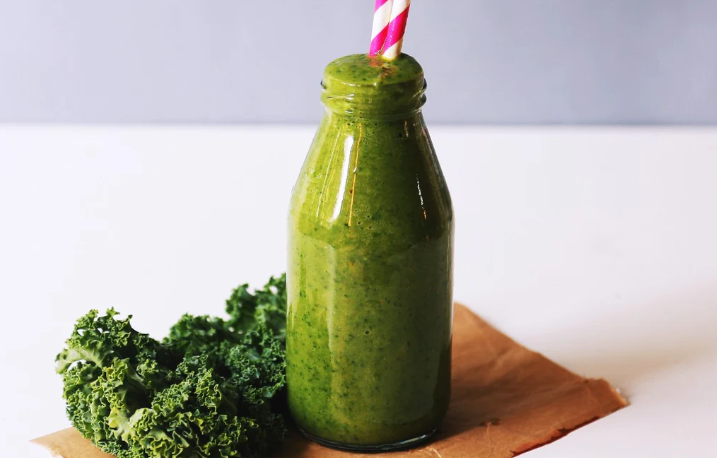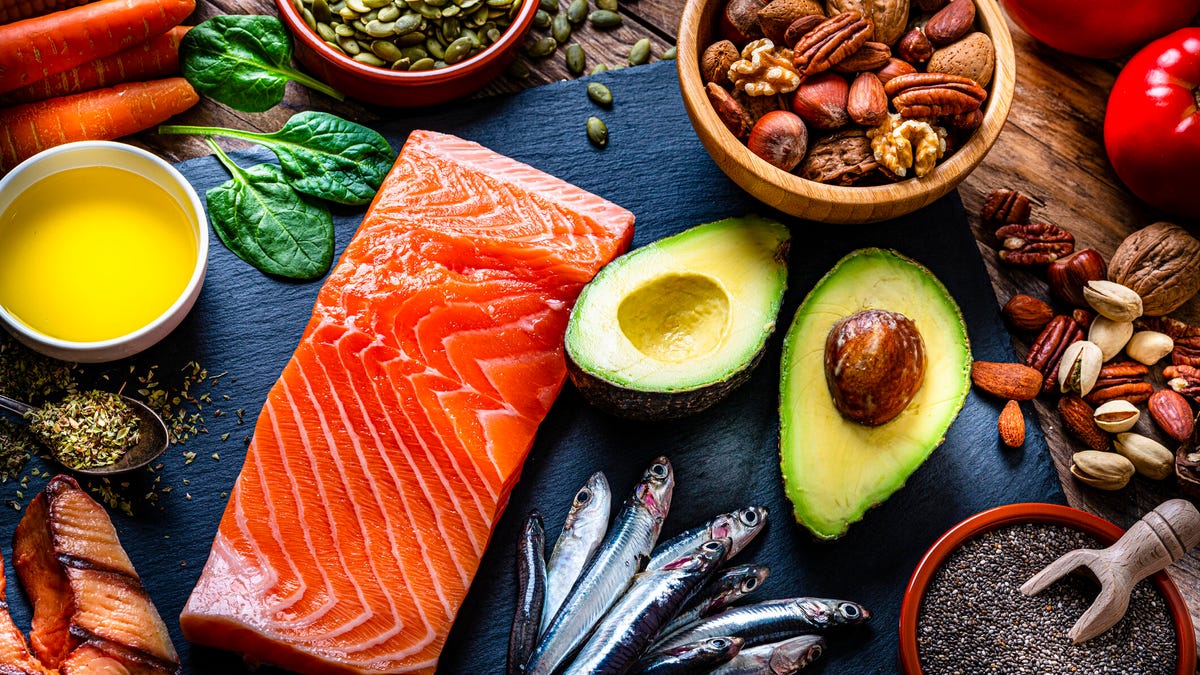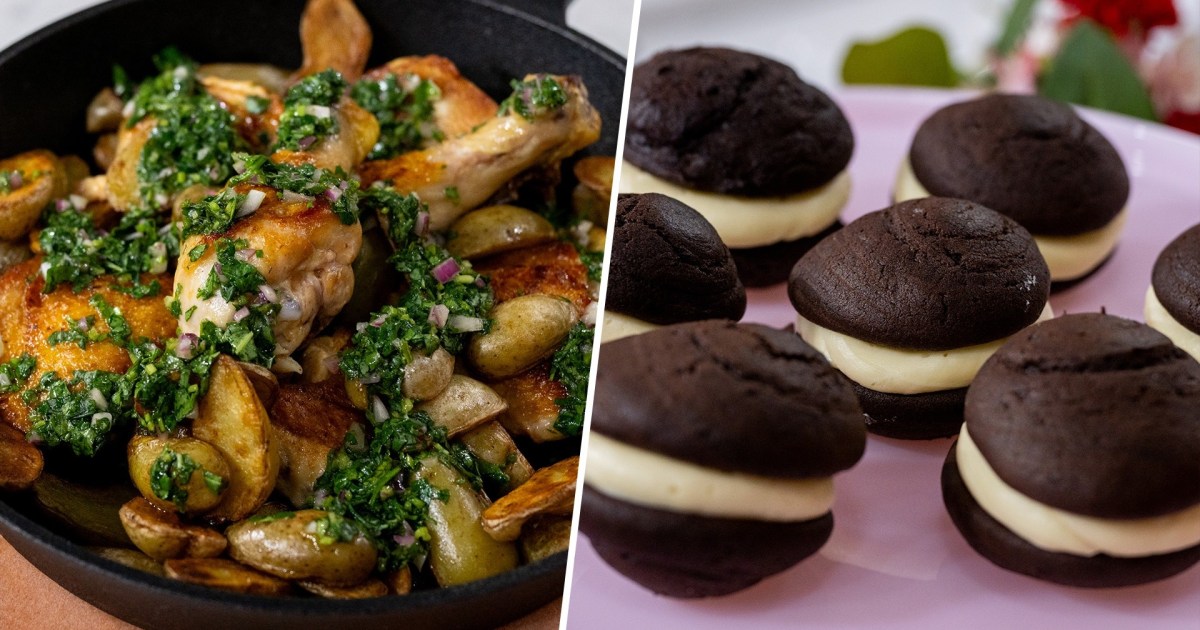﹒
This article is part of our Life With Intention series about high achievers who exemplify intentional living.
Eating a healthy diet doesn’t mean sacrificing flavor or your favorite foods, Maya Feller, a registered dietitian nutritionist and adjunct professor of clinical nutrition at NYU, told Insider.
“Some of the common misconceptions that I’ve heard about healthy eating is that people have to abandon their culture in order to eat healthy fully,” Feller said.
“Everyone has a culture, but, for some reason in the US, healthy eating is, ‘I had a salad for lunch,’ and you have to let everything else go.”
Feller, who became interested in nutrition while training for the 2005 Boston Marathon, says to approach healthy eating by focusing on increasing the amount of healthy foods you enjoy in your diet and planning meals ahead of time.
She shared her tips on how to revamp your diet with the resources you have available to maximize taste and health.
Wini Lao Photography
Tip #1: Don’t limit yourself to the produce section when shopping for healthy foods. Frozen veggies can go a long way.
When it comes to shopping for healthier foods, Feller said one of the most common mistakes people make is buying foods they don’t like just because they think they’re “healthy.”
Wini Lao Photography
“Just because you saw so-and-so on TV saying, ‘I’m loving quinoa’ doesn’t mean that you have to love quinoa,” Feller said. “What are the things that you eat that are in their whole and minimally processed form, and how can we increase the amount of times that they show up in your overall routine?”
For example, if you hate yogurt but want to improve your gut health, think about the foods you do enjoy. Increasing the amount of fiber you eat, like whole grains, can also help your digestive system.
But fresh produce and unprocessed foods aren’t accessible to everyone, especially for people located in food deserts where fresh fruits, vegetables, and unprocessed foods aren’t readily available.
You got to give your vegetables a little bit of love, give them some flavors.
If you don’t live near a grocery store that carries quality produce, Feller says you can make the most of what you have at your local convenience store or corner grocery.
Look out for additives on your packaging, she said. If you only have access to canned foods, which tend to come with preservatives, a rinse in the sink can strip them of many chemicals.
Wini Lao Photography
Tip #2: If you don’t have time to meal prep, meal planning can save you time and mental space.
Meal prepping can be a great strategy to prepare your food in bulk ahead of a busy week. If you don’t have time or get bored of your food easily, Feller says meal planning can help reduce your stress about food throughout the week.
Meal planning means coming up with a list of meals you’re going to make that week along with a grocery list to shop for ahead of time. While your ingredients may not be prepped ahead of time, planning allows you to not stress about meals the morning before your day starts.
Think about what things can be prepped in advance, like chopping veggies to put in a container to cook later or pre-washed lettuce.
Wini Lao Photography
Tip #3: Season vegetables like you season your protein.
Feller recommends seasoning your vegetables. Boiling veggies and leaving them without seasoning can be a sure-fire way to continue disliking them.
“You got to give your vegetables a little bit of love, give them some flavors. They want onion. They want garlic. If you can tolerate it, they want a little bit of red pepper flakes,” Feller said.
Ultimately, increasing the number of fresh veggies and unprocessed foods in your diet can help you clear up brain fog and eat healthier. Focus on changing the components of your meal rather than cutting out food groups or meals, she said.










